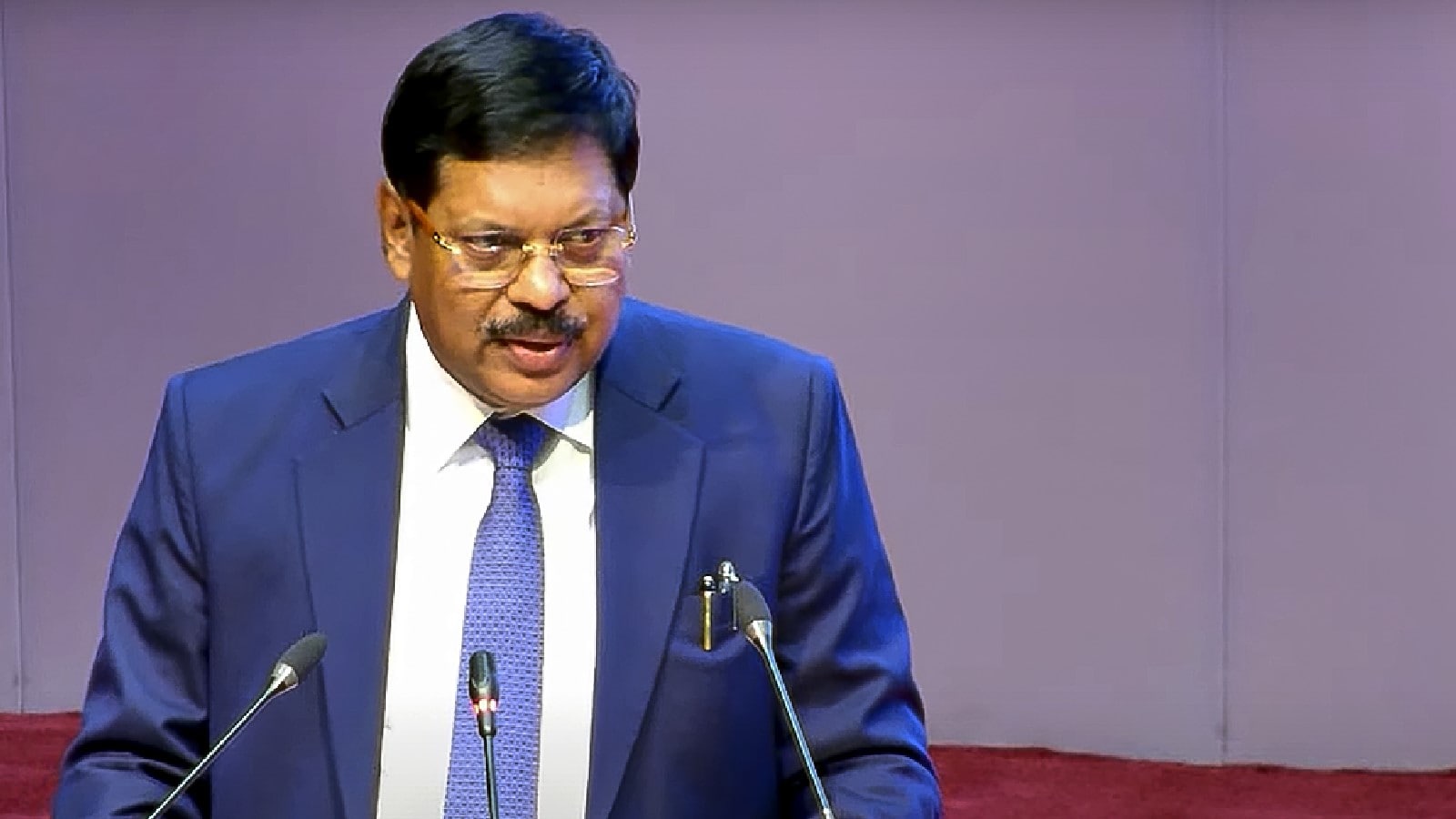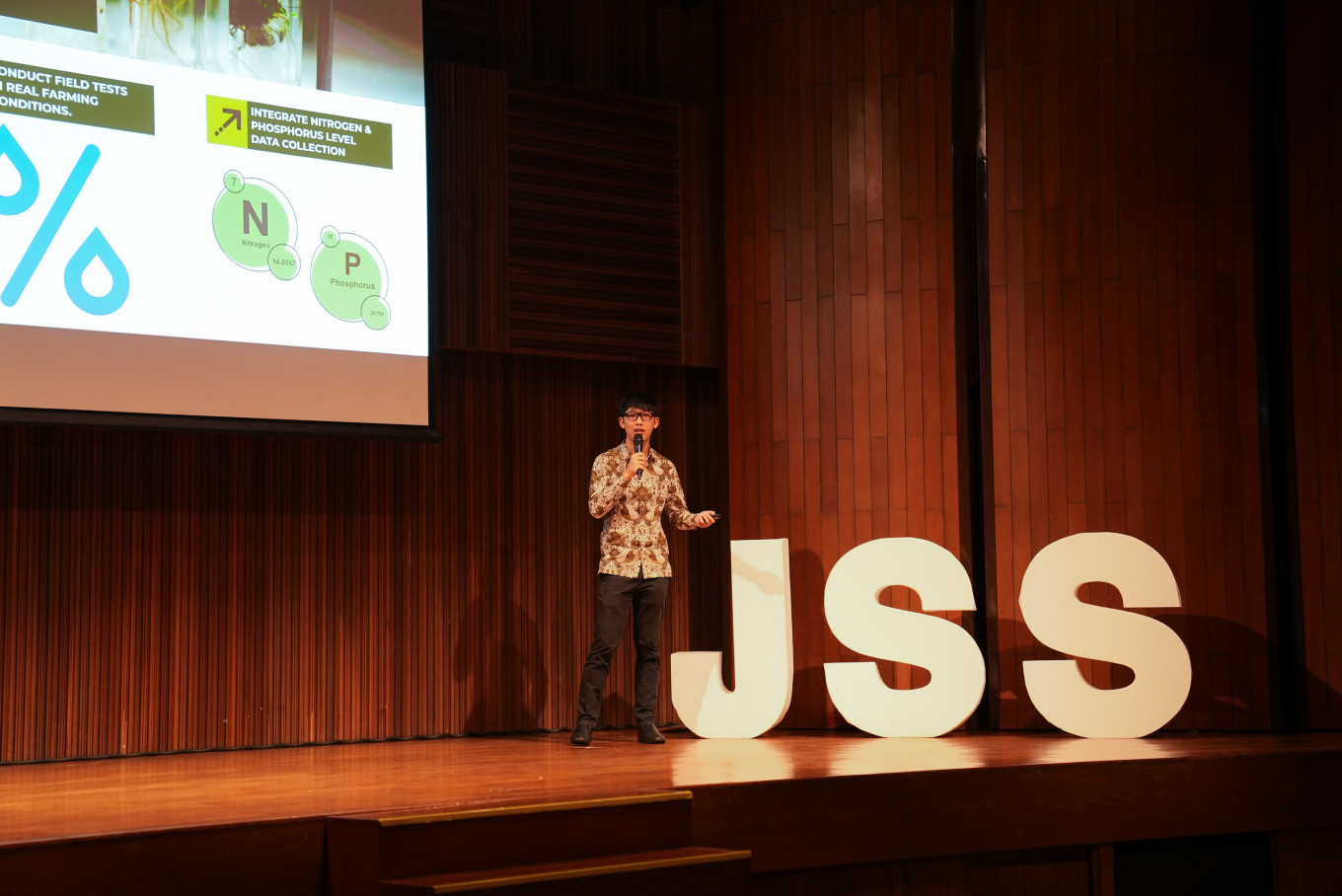AI in Courtrooms: Chief Justice Gavai Stresses Human Judgement Remains Crucial

In a landmark address, Chief Justice of India (CJI) D.Y. Chandrachud (Gavai) has cautioned against the wholesale adoption of Artificial Intelligence (AI) in judicial decision-making. While acknowledging the potential benefits of technology in streamlining legal processes, the CJI emphasized that AI should complement, not replace, the nuanced human intellect and understanding essential for fair and just rulings.
The debate surrounding AI's role in the legal system is rapidly gaining momentum, fuelled by advancements in machine learning and natural language processing. Proponents highlight AI's ability to analyze vast amounts of data, identify patterns, and potentially reduce backlogs in courts. However, the CJI's remarks underscore a crucial caveat: legal judgments frequently involve intricate considerations that extend far beyond raw data analysis.
“Complex legal issues often require an understanding of the human context, societal implications, and ethical dilemmas that AI, in its current form, cannot fully grasp,” the CJI stated. This sentiment reflects a growing awareness among legal experts that AI, while powerful, lacks the capacity for empathy, moral reasoning, and the ability to interpret the subtle nuances of human behaviour – all of which are vital components of a fair judicial process.
Consider, for example, a case involving a minor offense. While AI might flag the violation and recommend a standard penalty based on past data, a human judge can assess the individual circumstances – the offender's background, their motivations, and the potential for rehabilitation. This contextual understanding allows for a more tailored and equitable outcome, something AI is currently unable to provide.
The CJI’s warning isn't a rejection of technology altogether. Rather, it’s a call for a balanced and considered approach. AI can undoubtedly play a valuable supporting role, assisting judges with research, case management, and identifying relevant precedents. However, the ultimate decision-making authority must remain with a human judge, equipped with the wisdom, experience, and ethical compass necessary to navigate the complexities of the legal landscape.
Furthermore, the CJI's perspective aligns with broader concerns about algorithmic bias. AI systems are trained on data, and if that data reflects existing societal biases, the AI will perpetuate and even amplify those biases in its judgments. This could lead to discriminatory outcomes, undermining the very principles of fairness and equality that the legal system is designed to uphold.
The future of AI in South African courts, and globally, likely lies in a collaborative model – one where technology enhances human capabilities rather than replacing them. Judges, lawyers, and policymakers must engage in ongoing dialogue to ensure that AI is deployed responsibly and ethically, safeguarding the integrity and impartiality of the justice system. The focus should be on harnessing the power of AI to improve efficiency and access to justice, while always prioritizing the irreplaceable value of human judgement.
Ultimately, the CJI’s message is clear: technology is a tool, and like any tool, it must be wielded with caution, foresight, and a deep understanding of its limitations. The human mind, with its capacity for empathy, reason, and ethical deliberation, remains the cornerstone of a just and equitable legal system.






